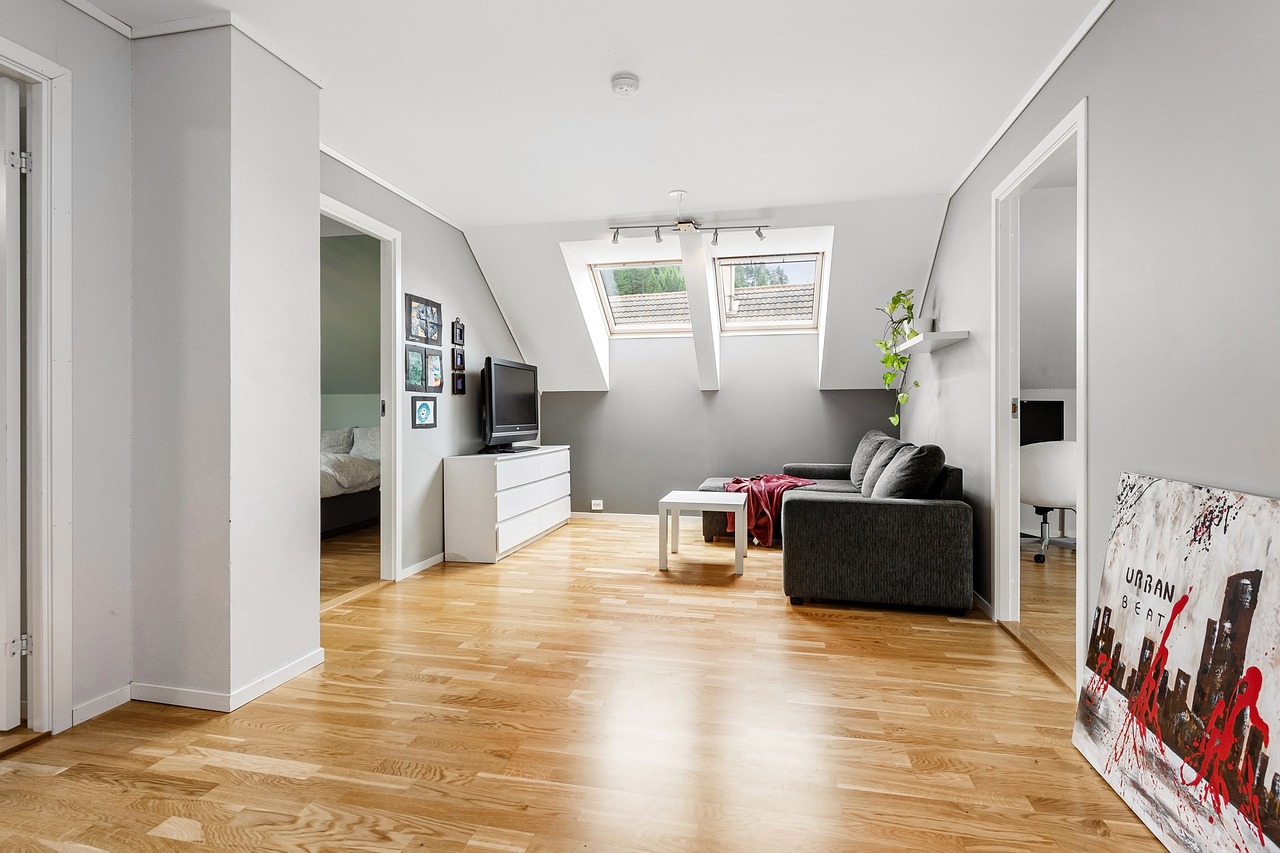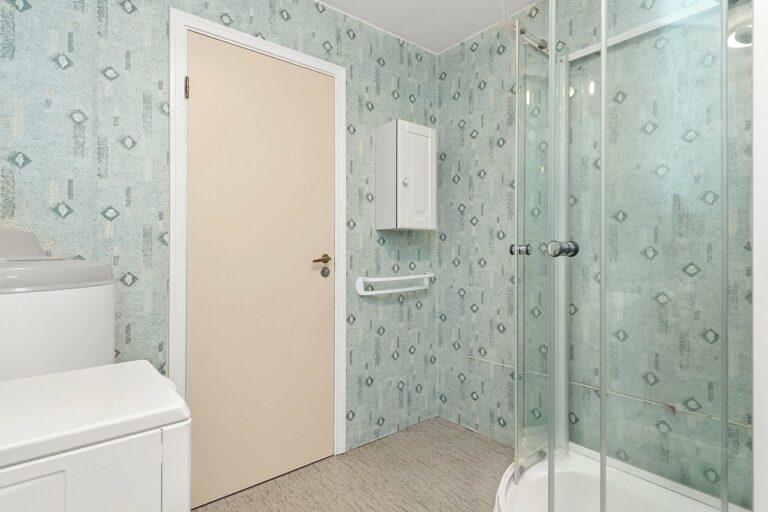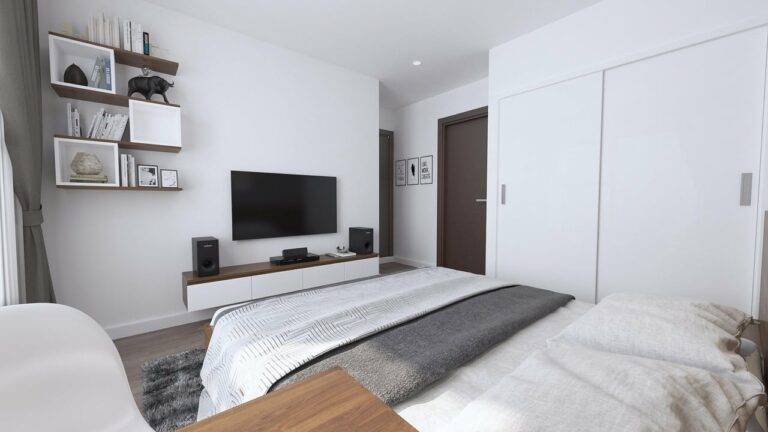The Role of Ventilation in Home Climate Control: Goldbet7.com login, Radha exchange, 11xplay online
goldbet7.com login, radha exchange, 11xplay online: When it comes to maintaining a comfortable living environment in your home, ventilation plays a crucial role in controlling the climate. Proper ventilation helps to regulate temperature, remove excess moisture, and improve air quality. In this article, we will explore the significance of ventilation in home climate control and how it can benefit you and your family.
The Basics of Ventilation
Ventilation is the process of bringing fresh air into your home while expelling stale air. This can be achieved through natural ventilation, such as opening windows and doors, or mechanical ventilation, which includes exhaust fans and air vents. By allowing for the exchange of indoor and outdoor air, ventilation helps to prevent the buildup of pollutants, allergens, and odors in your living space.
Benefits of Ventilation
1. Temperature Regulation: Proper ventilation helps to regulate the temperature in your home by allowing for the circulation of air. In the summer, ventilation can help to cool your home by bringing in fresh, cooler air from outside. In the winter, ventilation can help to remove excess humidity and prevent condensation, which can lead to mold growth and indoor air quality issues.
2. Moisture Control: Excess moisture in the air can lead to mold and mildew growth, as well as structural damage to your home. Proper ventilation helps to remove moisture from the air, reducing the risk of these issues and creating a more comfortable living environment.
3. Improved Air Quality: Ventilation helps to remove pollutants, allergens, and odors from your home, improving the overall indoor air quality. This is especially important for individuals with allergies or respiratory conditions, as poor indoor air quality can exacerbate symptoms and lead to health problems.
4. Energy Efficiency: By promoting air circulation, ventilation can help to reduce the need for heating and cooling systems, leading to potential energy savings. Proper ventilation can also help to improve the efficiency of these systems, ensuring that they are operating at their optimal levels.
5. Health Benefits: Good ventilation is key to maintaining a healthy living environment. By removing pollutants and allergens from the air, ventilation can help to reduce the risk of respiratory issues, asthma attacks, and other health problems associated with poor indoor air quality.
FAQs
Q: How often should I ventilate my home?
A: It is recommended to ventilate your home daily by opening windows and doors to allow for the exchange of indoor and outdoor air. Additionally, using exhaust fans in areas like bathrooms and kitchens can help to remove excess moisture and improve air quality.
Q: What are the signs that my home may have poor ventilation?
A: Signs of poor ventilation include musty odors, condensation on windows, mold growth, and stagnant air. If you notice any of these signs, it may be time to improve the ventilation in your home.
Q: Can I over-ventilate my home?
A: While proper ventilation is essential for maintaining a healthy living environment, over-ventilating can lead to energy waste and discomfort. It is important to strike a balance and ventilate your home in a way that ensures good indoor air quality without wasting energy.
In conclusion, ventilation plays a critical role in home climate control by regulating temperature, removing excess moisture, and improving air quality. By understanding the importance of ventilation and implementing proper ventilation strategies in your home, you can create a more comfortable, healthy living environment for you and your family.







